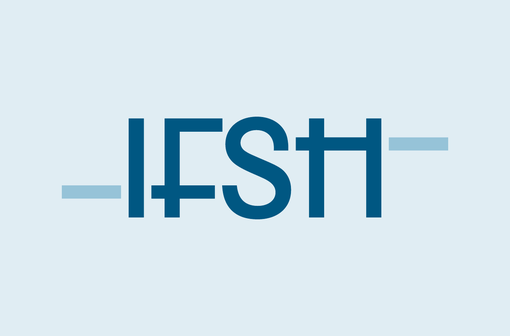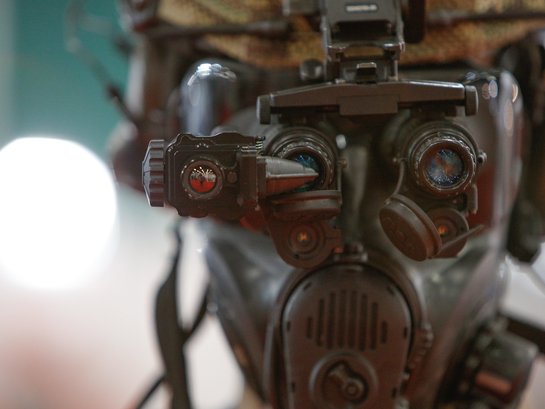Vita
Tim Thies is a researcher with the research and transfer project Arms Control and Emerging Technologies. He is also a PhD candidate at the Institute for Management Research at Radboud University in Nijmegen, Netherlands, and a member of the trilateral Young Deep Cuts Commission.
Until 2024, Thies worked in the Working Group on Arms Control and Emerging Technologies, a cooperation between IFSH and the Center for Strategic and International Studies embedded in the international research network “Rethinking Nuclear Deterrence”. Previously, he was an EU Nonproliferation and Disarmament Consortium intern at the Peace Research Center Prague and a visting fellow at the James Martin Center for Nonproliferation Studies. He holds a BA in International Relations from Rhine-Waal University of Applied Sciences and an MA in Peace and Security Studies from the University of Hamburg.
Research profile
Tim Thies’ research focuses on the role of interpretations of technology in arms control, military innovation, and alliance management. In his PhD project, he investigates how disagreements about the symbolic meaning of nuclear weapons are settled at the multilateral, NATO, and national levels. He also works on the history of arms control in the Euro-Atlantic region.
Latest Publications
Selected Publications
-
Graef, Alexander,
Tim Thies. 2024.
Missiles on the Move: Why Us Long-Range Missiles in Germany Are Just the Tip of the Iceberg.
In: Bulletin of the Atomic Scientists
-
Graef, Alexander,
Tim Thies,
Lukas Mengelkamp. 2024.
Aufrüstung in Deutschland: Reden wir über Eskalationskontrolle!.
Blätter für deutsche und internationale Politik
69 (9): 9-12.
-
Thies, Tim,
Ulrich Kühn. 2023.
The Renuclearization of Europe and The Limits of History.
Transatlantic Policy Quarterly
22 (1): 53-61.
DOI: 10.58867/IBIS9578/FMZG1270.
-
Graef, Alexander,
Tim Thies. 2022.
Lessons from the Past: Arms Control in Uncooperative Times.
Global Security Policy Brief. London: European Leadership Network.
-
Thies, Tim. 2022.
Hyperschallwaffen in Europa: Wie die Rüstungskontrolle Schritt halten kann.
Research Report 009. Hamburg: IFSH.
DOI: 10.25592/ifsh-research-report-009.







